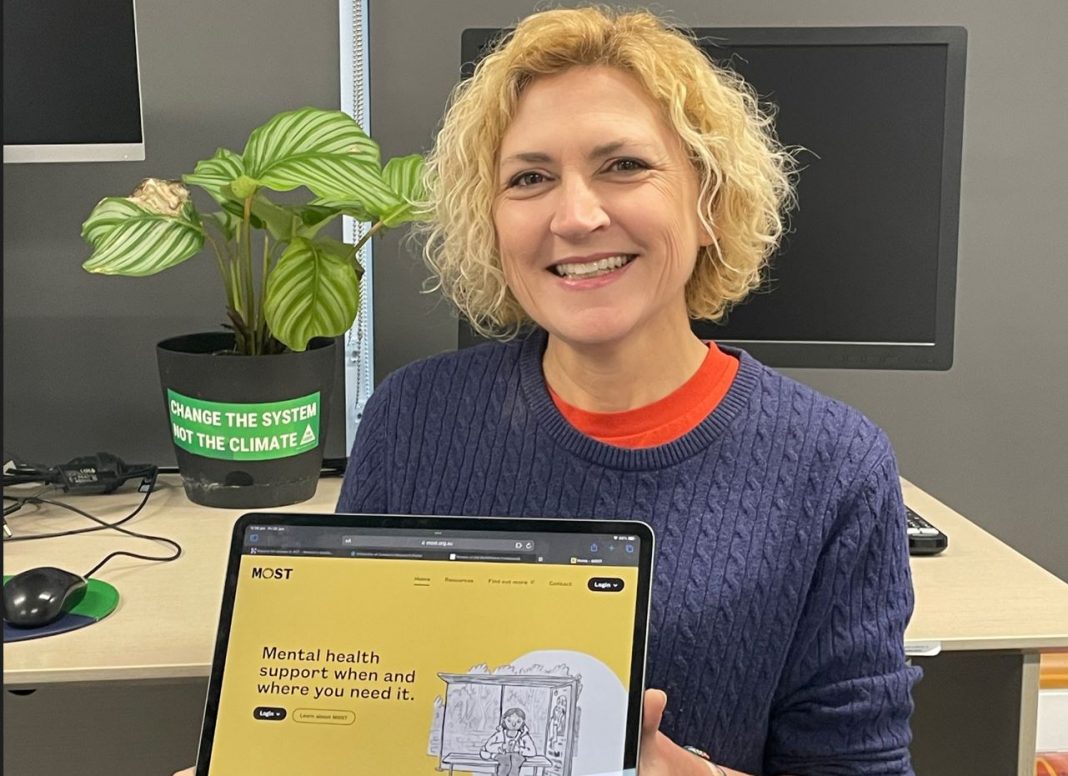Young Canberrans are getting the “MOST” from mental health services, the ACT Government states.
MOST, an online mental health program for young people, has reached its 100th user – a major milestone for the program, mental health minister Emma Davidson says.
“Young people have been incredibly resilient when faced with the challenges of the past three years, but when things do impact their mental health and wellbeing, it is vital they have access to resources that meet their needs,” Ms Davidson said.
MOST launched in the ACT in March. The ACT Government funded an 18-month trial, and will commission an independent evaluation of the program to review its suitability for the ACT and optimise the service for young Canberrans.
The digital, on-demand service offers bite-sized therapeutic activities, peer-led community discussions, and practical strategies for 12- to 25-year-olds experiencing mental health concerns.
MOST is managed by Orygen, a Victorian mental health service for young people, and works with local adolescent mental health services, including Child and Adolescent Mental Health Services (CAMHS), CatholicCare’s Youth and Wellbeing Program, and headspace ACT.
MOST’s online support enhances the face-to-face clinical care that Canberra’s adolescent mental health services deliver, Ms Davidson said.
“MOST works closely with local mental health services to deliver wraparound mental health support to ensure young Canberrans feel safe, secure, and empowered to get the help they need when they need it.”
“By enhancing services with digital support, we’re helping young Canberrans to get the support they need, when they need it, at all stages of their mental health care journey,” Professor Mario Alvarez-Jimenez, chief of Orygen’s technical division, Orygen Digital, said.
“For Canberra’s youth mental health services, we know from making MOST available in Victoria, Queensland, and New South Wales that digital interventions can help relieve pressure around access to care; provide additional support to young people on waitlists for face-to-face sessions; and give clinicians additional tools to extend and reinforce the treatment they provide. We’re excited to welcome the ACT to the MOST community.”
More than 70 local adolescent mental health service workers have received training, and services have referred young people to the additional support.
“The mental health and wellbeing of children and young people is an important priority of the ACT Government,” Ms Davidson said.
“We will work closely with MOST and our mental health and support services to build a community to address the many complex issues that impact the mental health of our young people.”



